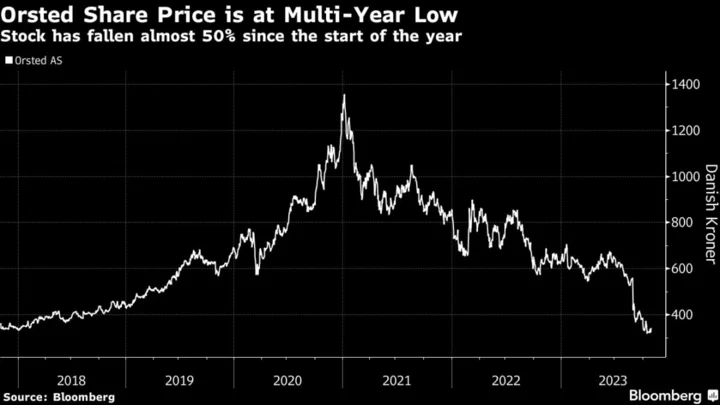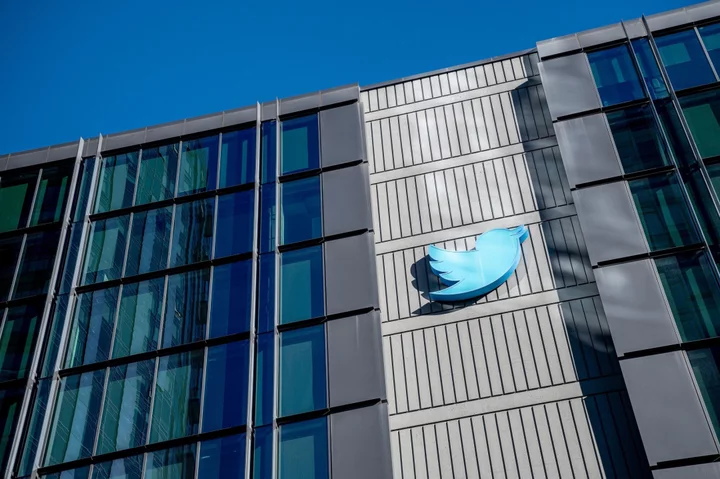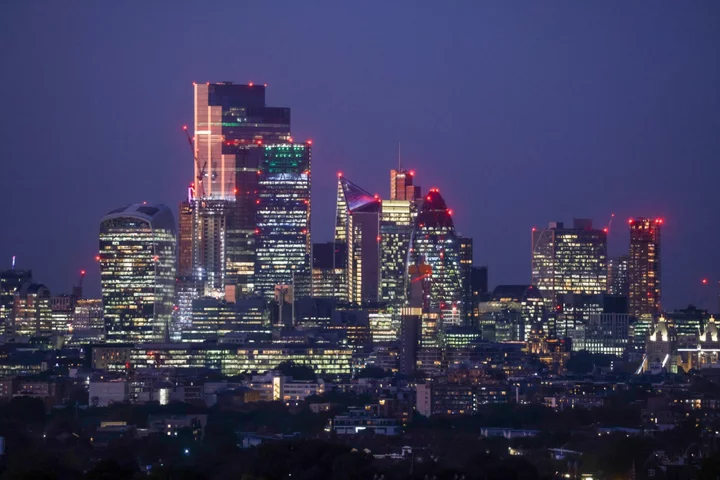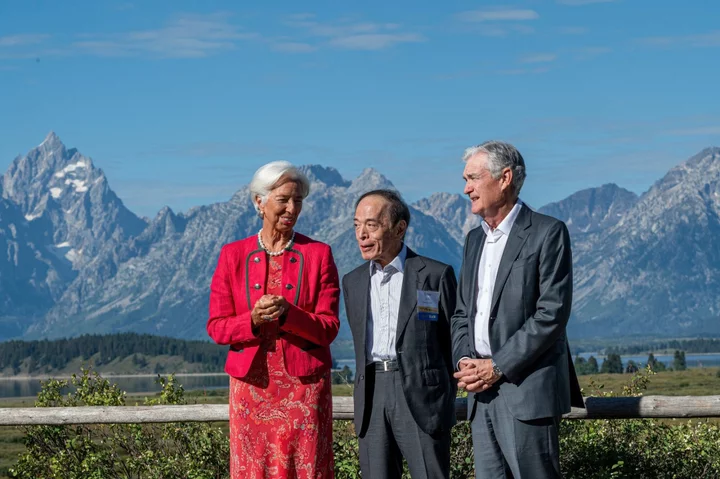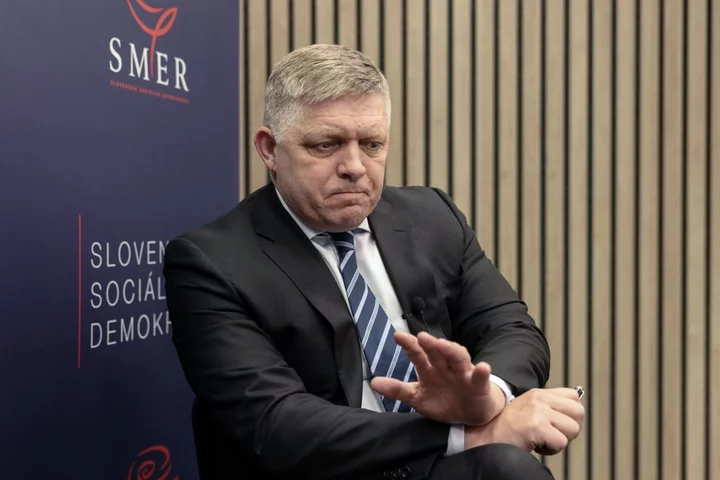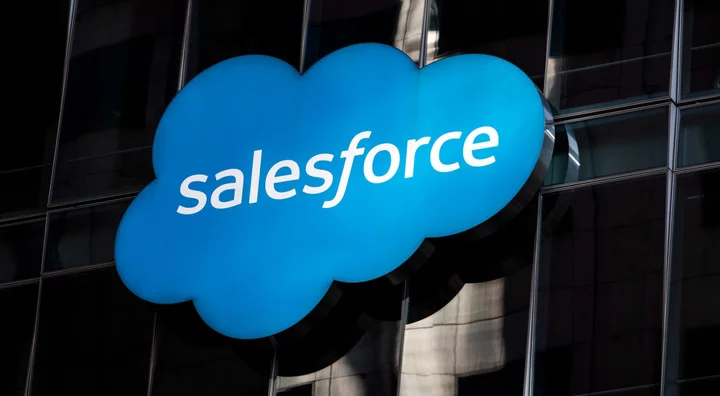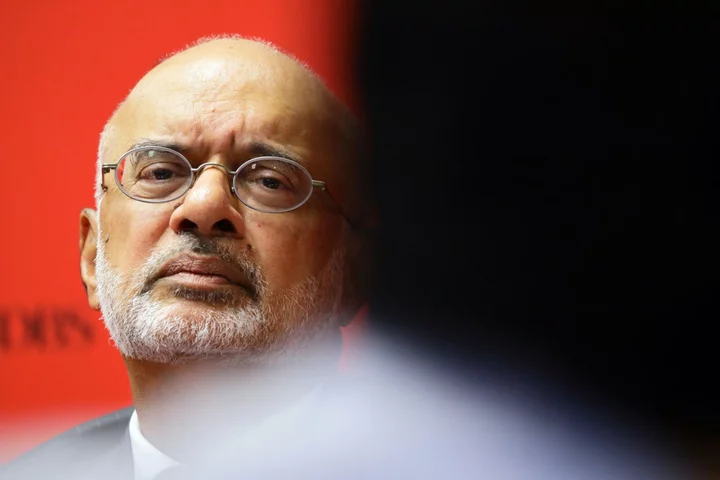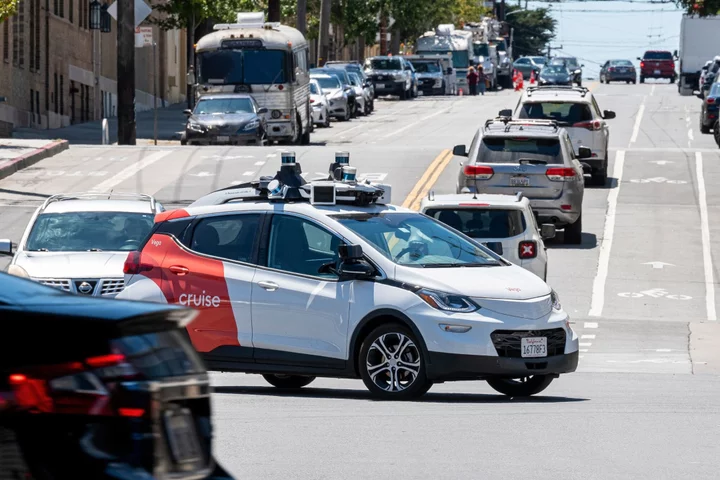As the German government scrambles to prop up Siemens Energy AG, another major European wind firm faces its own moment of truth after warning of billions of euros in writedowns.
Orsted A/S, which raised the alarm in the sector this summer with possible impairments of as much as 16 billion Danish kroner ($2.3 billion) to its US portfolio and a 46% share price loss this year, publishes earnings on Wednesday. It’s also under pressure to make a decision on a UK project before the end of December after other firms stalled on the country’s wind industry amid surging costs and rising interest rates.
“Orsted is a big player in the renewables world and was one of the frontrunners, so there is a conception in the market that what the company is facing today are actually issues that could be seen across other developers,” said ABN Amro Bank NV strategist Larissa Fritz.
Reflecting the warnings that stem from supply chain snarls and a failed bid to seek more profitable contracts with New York regulators, the average analyst estimate pegs adjusted net income for the third quarter at a loss of 12 billion kroner. That would be the worst quarterly loss since 2015 when the company was called Dong Energy A/S and focused more on fossil fuels and conventional electricity.
The results from the world’s biggest builder of offshore wind parks are poised to be next in a string of bad news from an industry vital to slow global warming. In China, top turbine maker Xinjiang Goldwind Science & Technology Co. said on Friday that third-quarter profit tumbled 98%, while Norwegian energy giant Equinor ASA took a $300 million impairment on US offshore wind projects.
Siemens Energy, which plunged more than a third on Thursday, was forced to seek guarantees after ballooning problems with faulty onshore wind turbines started spilling into the company’s profitable units.
These firms, on the front line of the green revolution, have contended with cost increases of about 40% in the past 12-18 months, Kerstin Ahlfont, chief financial officer at Vattenfall AB said in an interview. The Swedish utility shelved a giant project in the UK just a few months ago after deeming it not profitable enough with the guarantees available in an auction it won last year.
Orsted was also successful in that auction for so-called contracts for difference, which guarantees a price for the electricity. But with costs soaring, developers say they need higher rates. Investors are eagerly awaiting news on where it stand on its Hornsea 3 project, big enough to power three million UK homes.
“There are too many known unknowns around Orsted, which could lead to near-term headwinds for its shares,” Citigroup Inc. analysts including Jenny Ping wrote in a note earlier this month. “Visibility around the US, including balance sheet funding, and the fate of Hornsea 3 is required before any meaningful re-rating.”
No company on the 28-member Stoxx 600 Utilities Index has plunged more than Orsted this year. Since Chief Executive Officer Mads Nipper took over in January 2021, shares have slumped more than 70%. The firm used to be a stock market darling after listing in 2016, gaining as much as 80% the year before he was appointed. Nipper said in a September interview that he has the support of the board despite the plunge in market value.
To power ahead with its turnaround efforts and reignite staff enthusiasm, Nipper and his executives are trying out a new strategy called Orsted 3.0. It’s an overhaul supposed to lay down new ways of thinking as the energy industry goes through deep changes, according to people familiar with the matter. The firm has also introduced a hiring freeze on new headcount, said the people who asked not to be identified because the information is private.
The company declined to comment for this article.
There is also increasing scrutiny over its financial strategy as concerns grow among analysts and investors about its credit rating and ability to borrow money on the international markets. The company has been a popular issuer in Europe’s debt market over the past few years, selling bumper green bonds to finance both onshore and offshore wind as well as solar panels.
While offshore wind farms are seen as critical to ridding the power grid of fossil fuels and avoiding the worst effects of climate change, they’re also extremely capital and labor-intensive. Bigger-than-expected writedowns on Orsted’s portfolio could mean further delays in developing more projects.
Author: Priscila Azevedo Rocha, Todd Gillespie and Lars Paulsson

